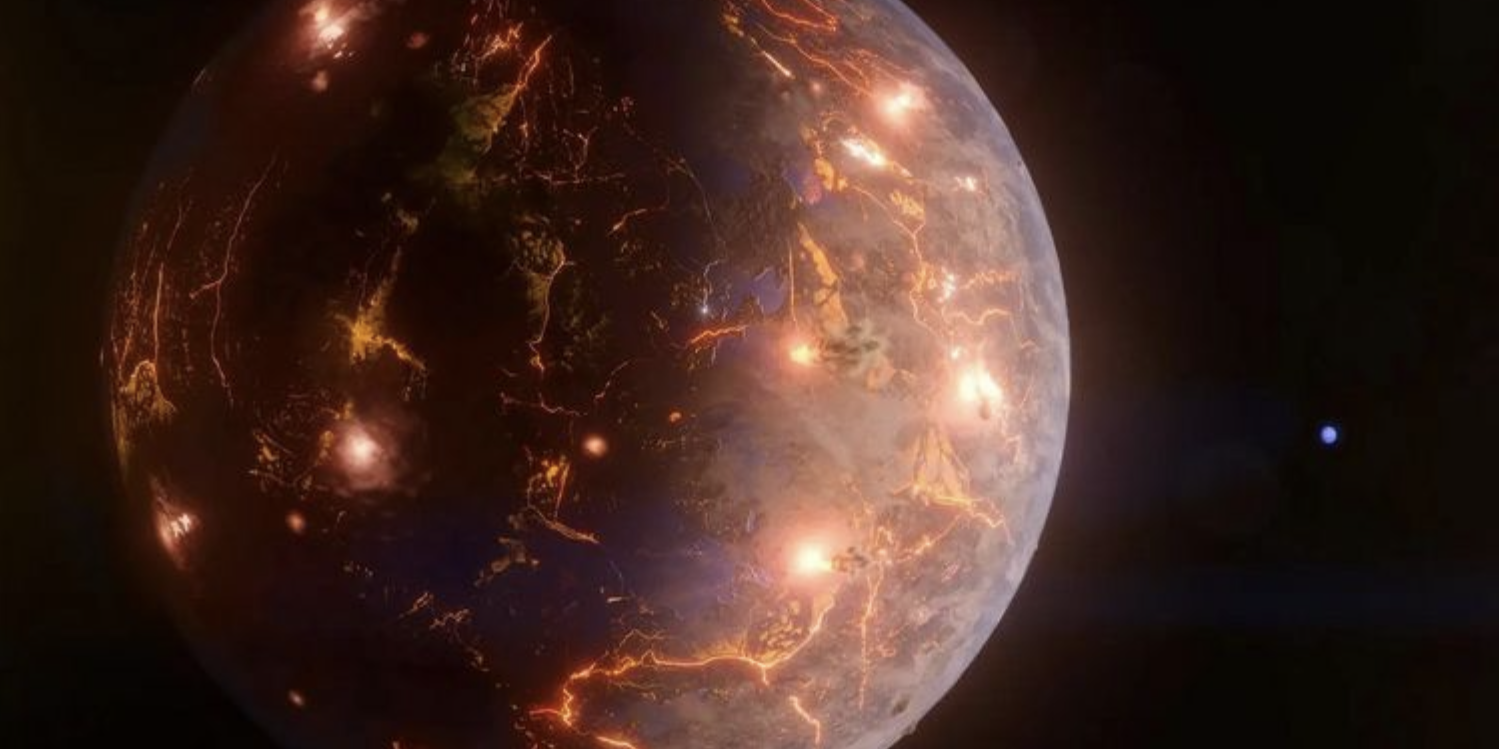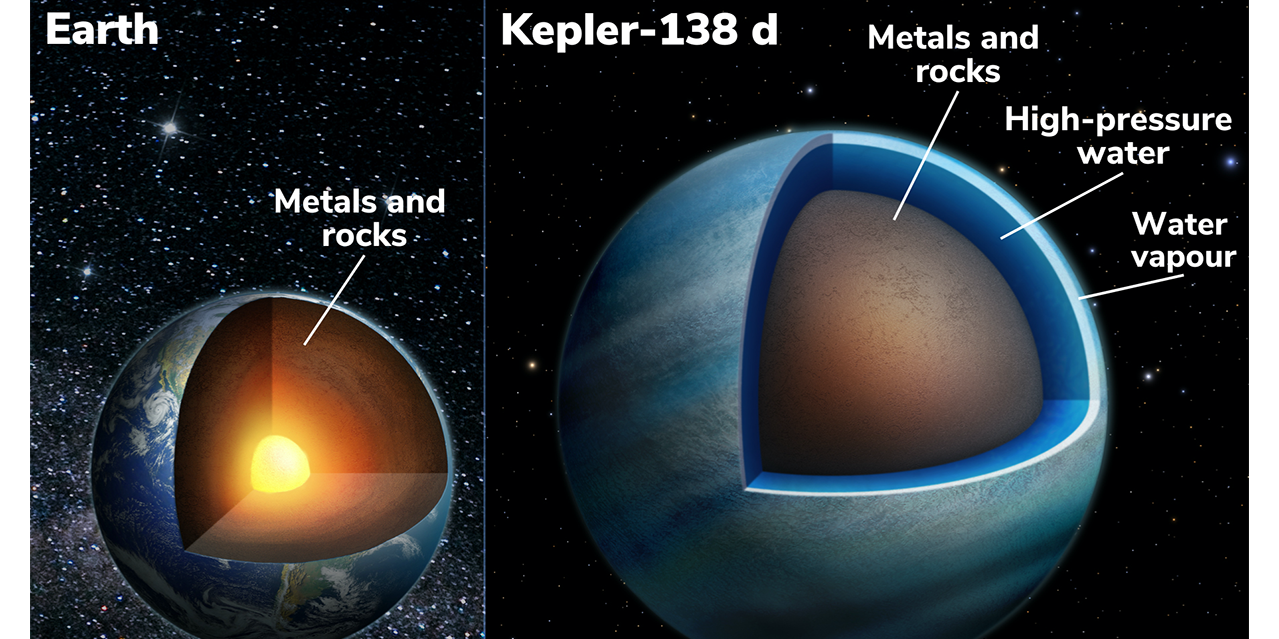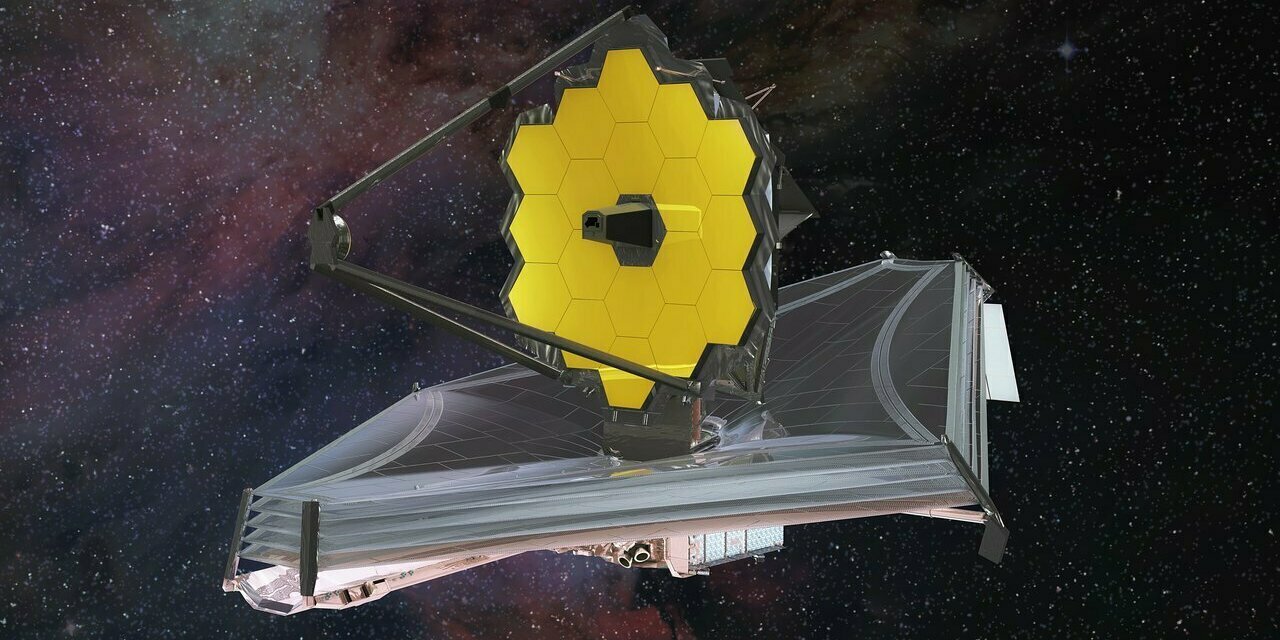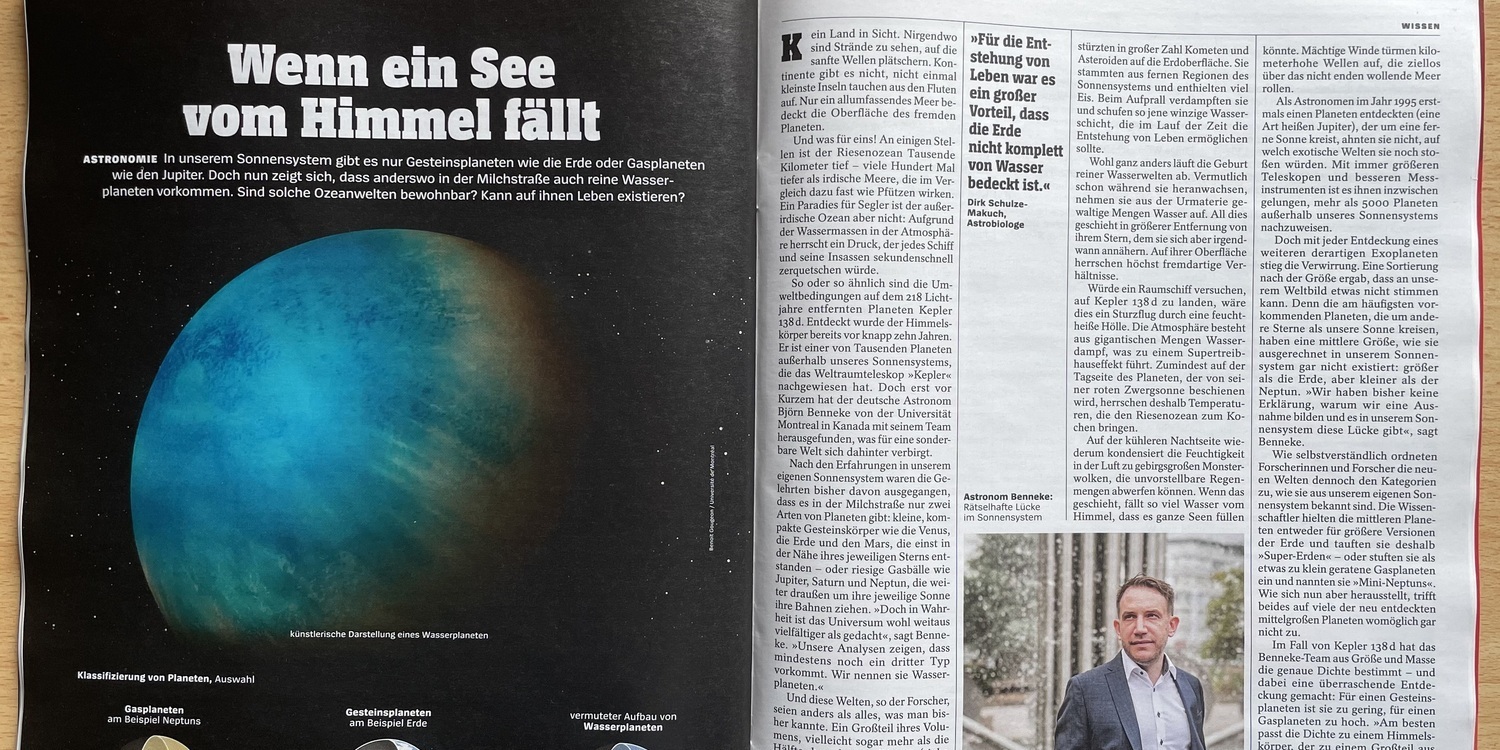We live at a pivotal moment in human history, one in which our technology has brought us to the brink of answering some of the greatest questions of all: "How did we get here?" and "Are we alone in the universe?" Recognizing this opportunity, the U.S. Decadal Survey now lists "Pathways to Habitable Worlds" as its first top science priority, explicitly stating: "The 2020s and beyond will be an era of spectroscopy of exoplanet atmospheres".
At this pivotal moment, Prof. Benneke's research group is in a rare position to make the next great leaps in this historic endeavor of exoplanet characterization. He and his team are leading some of the most ambitious observational campaigns using NASA's new James Webb Space Telescope as well as the world's most powerful ground-based telescopes. Using these unique resources, Benneke and his team are currently
1) exploring the prevalence and nature of "water worlds" in the Universe, an intriguing new class of planets with massive envelopes of water or other volatiles,
2) probing the diversity of atmospheres on rocky planets in search of Earth-like climates, volcanism, and biosignatures,
3) developing a fundamental understanding of the physical and chemical processes that govern planetary atmospheres and climate regimes at the most general level, and finally,
4) measuring the elemental compositions of gaseous planets with the ultimate goal of understanding how planets form and how they evolve over time.






